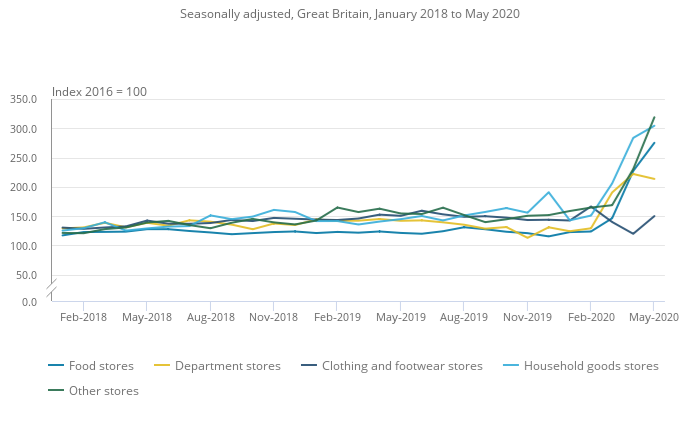If you’re the owner of a big ticket household item like a TV, washing machine or a fridge, you’ll know that one of two things will variably happen just after the standard manufacturer’s guarantee runs out: your purchase will abruptly stop working, or it’ll stay the course and become a trusty workhorse.
But you never quite know which, so it always feels like a bit of a gamble when you arrive at the checkout and a retailer offers you the option of buying an extended warranty.
Unlike the manufacturer’s guarantee, which typically lasts for one or two years, an extended warranty will cover repairs and/or replacements for three to five years.
The fee is generally quite small compared to the cost of your purchase, but it can vary enormously depending on what you’re buying, how much you paid, what the manufacturer’s guarantee is and how long you need the warranty for.
But do you actually need it and does it provide good value for money?
What it means for you…
The Competition and Markets Authority (CMA) updated its advice on extended warranties this week and it contains some helpful things to bear in mind.
First, there are absolutely zero obligations to buy an extended warranty and you may in fact find that your purchase is already covered by your contents insurance or additional benefits offered by your bank.
It’s also worth considering whether standard consumer rights prescribed by law, guarantees offered by the manufacturer, and additional cover that’s sometimes provided by the retailer for free are sufficient for your needs, especially for smaller items that may be cheaper to replace than to repair.
Second, you don’t have to buy the extended warranty straight away. Some retailers will let you tack on extended warranty after your purchase and you may be able to find a cheaper one that offers more coverage elsewhere.
The Compare Extended Warranties website has a list of guide prices with details of coverage available, although (rather unhelpfully) you can’t actually buy your cover there and, by its own admission, the information is not fact checked for accuracy.
Third, you should consider value for money.
If the cost of the extended warranty is more than half of the cost of your item for example, it might be more economical to replace it.
In some cases, the cost of repairs may also be substantially cheaper than the extended warranty.
And if you have multiple items, an insurance that will cover all of them might be better value.
If you still want to get extended warranty, make sure you check it will cover everything you need it to. Some will only cover replacements of parts for example and not labour costs.
And do read the fine print to check for things like expected repair time, hidden costs and what happens if the company goes bust.




